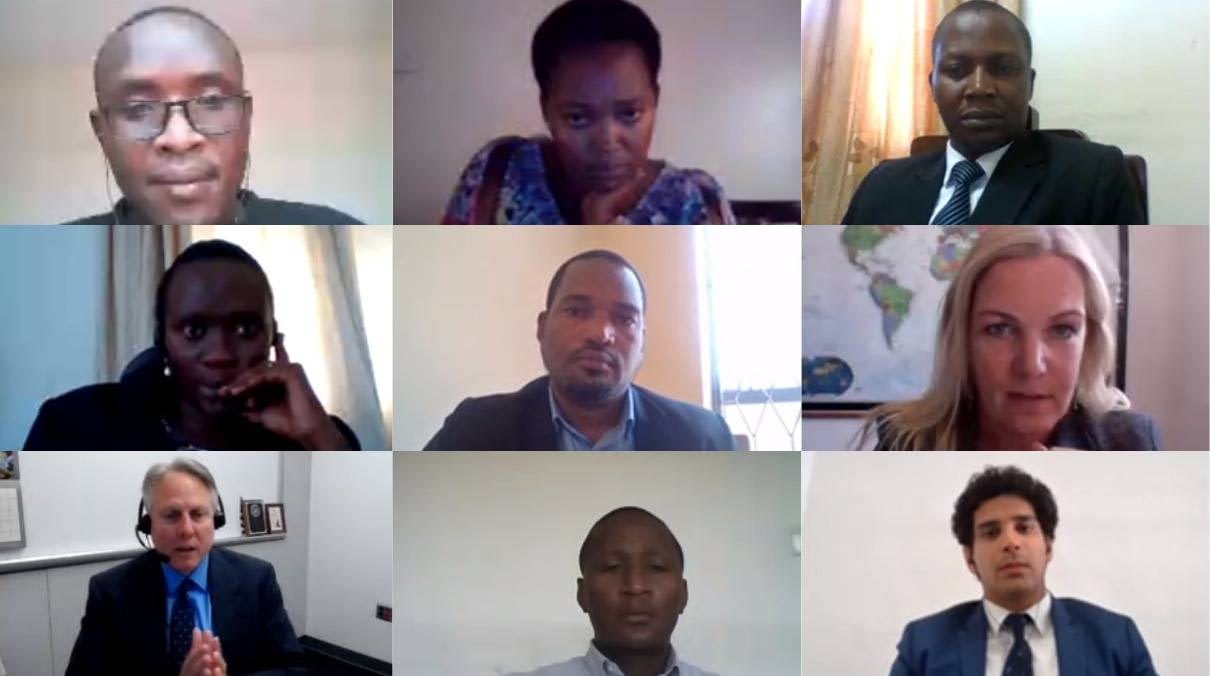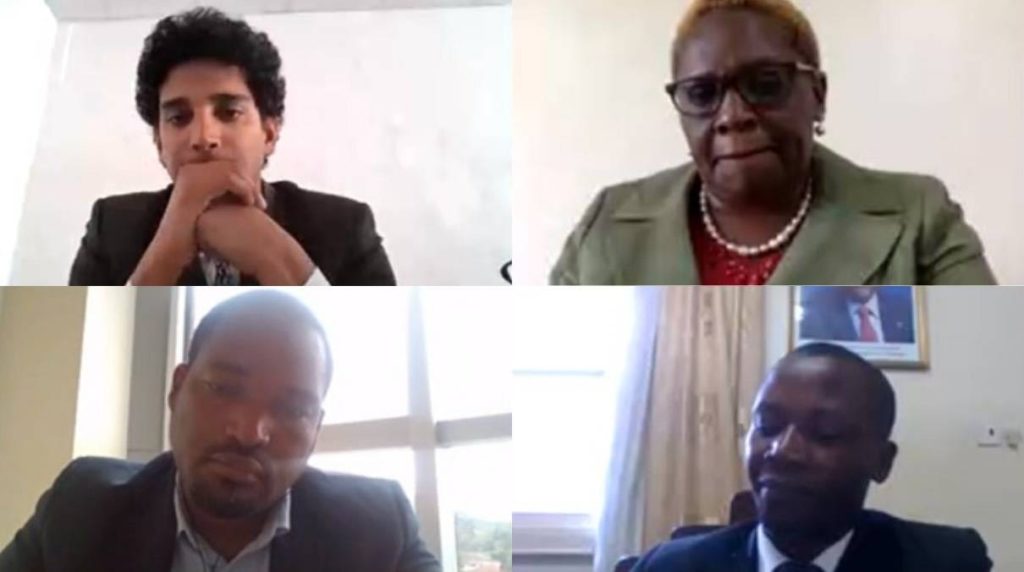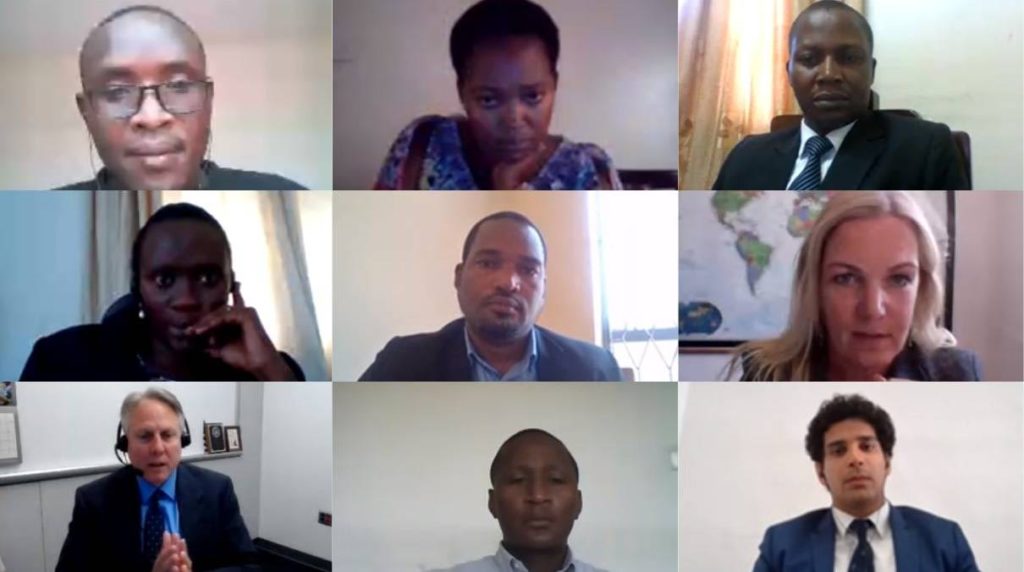
In July 2020, with funding from the Unites States, the IIJ convened the first online iteration of the Core Course: Using Information Derived from Intelligence to Generate Evidence for Terrorism Investigations and Prosecutions. The online course was convened with both a sectoral and regional focus, bringing together 25 judges, prosecutors and investigators from Kenya, Tanzania and Uganda.
The main objectives of the IIJ Core Course were to:
- deepen justice sector practitioners’ appreciation for the value of using intelligence to generate evidence for terrorism investigations and prosecutions;
- increase their knowledge of the challenges in doing so, and of strategies for addressing these challenges; and
- build more effective and rule of law-based counterterrorism capabilities and capacities.
A first iteration of this course was successfully delivered in Malta in July 2019. This capacity-building effort engaged more than 55 practitioners from Cameroon, Canada, Côte d’Ivoire, Ethiopia, Kenya, Lebanon, Mali, Malta, Morocco, Niger, Nigeria, Senegal, Sri Lanka, Switzerland, Tunisia, the United Kingdom and the United States to examine and evaluate success factors, obstacles, and lessons learned, as well as strategies to facilitate the successful use of intelligence to generate evidence. The course provided a platform for judges, prosecutors and investigators to examine a series of 13 hypothetical scenarios based on real-world cases in which intelligence-derived evidence was used in criminal investigations and prosecutions.
Though the second iteration of the IIJ Core Course was initially planned to be convened as an in-person workshop in Malta, the IIJ decided, in view of the ongoing COVID-19 global pandemic and its associated impacts and restrictions, and the IIJ’s efforts to ensure operational continuity, to conduct this course virtually.
The IIJ, together with four keynote speakers from the United States and Switzerland, convened three interactive sessions on ‘Intelligence Analysis & Collection’, ‘Terrorist Explosive Devices and Crime Scene Evidence’ and ‘Mutual Legal Assistance’. Each session was presented by a keynote speaker through a video recording and concluded with a hypothetical case study exercise.
During the dynamic discussions, practitioners shared their perspectives, insights and personal experiences on the gathering, handling, and preserving of evidence, inter-agency cooperation, judicial investigations, and regional and international cooperation. They emphasised that although many countries have taken steps in the right direction, there is still a long way to go in effectively investigating and prosecuting terrorism cases, and resourcing agencies sufficiently to conduct such activities. It was highlighted, however, that there was already excellent cooperation between the participating countries when it comes to mutual legal assistance.
Participants reported that they found the Core Course to be immensely valuable and commended the IIJ for its continuous efforts to build practitioner capacity to enforce the rule of law despite the challenging times.
For more information on the IIJ Core Course, please contact Director, Programmatic Unit, Gail Malone.


